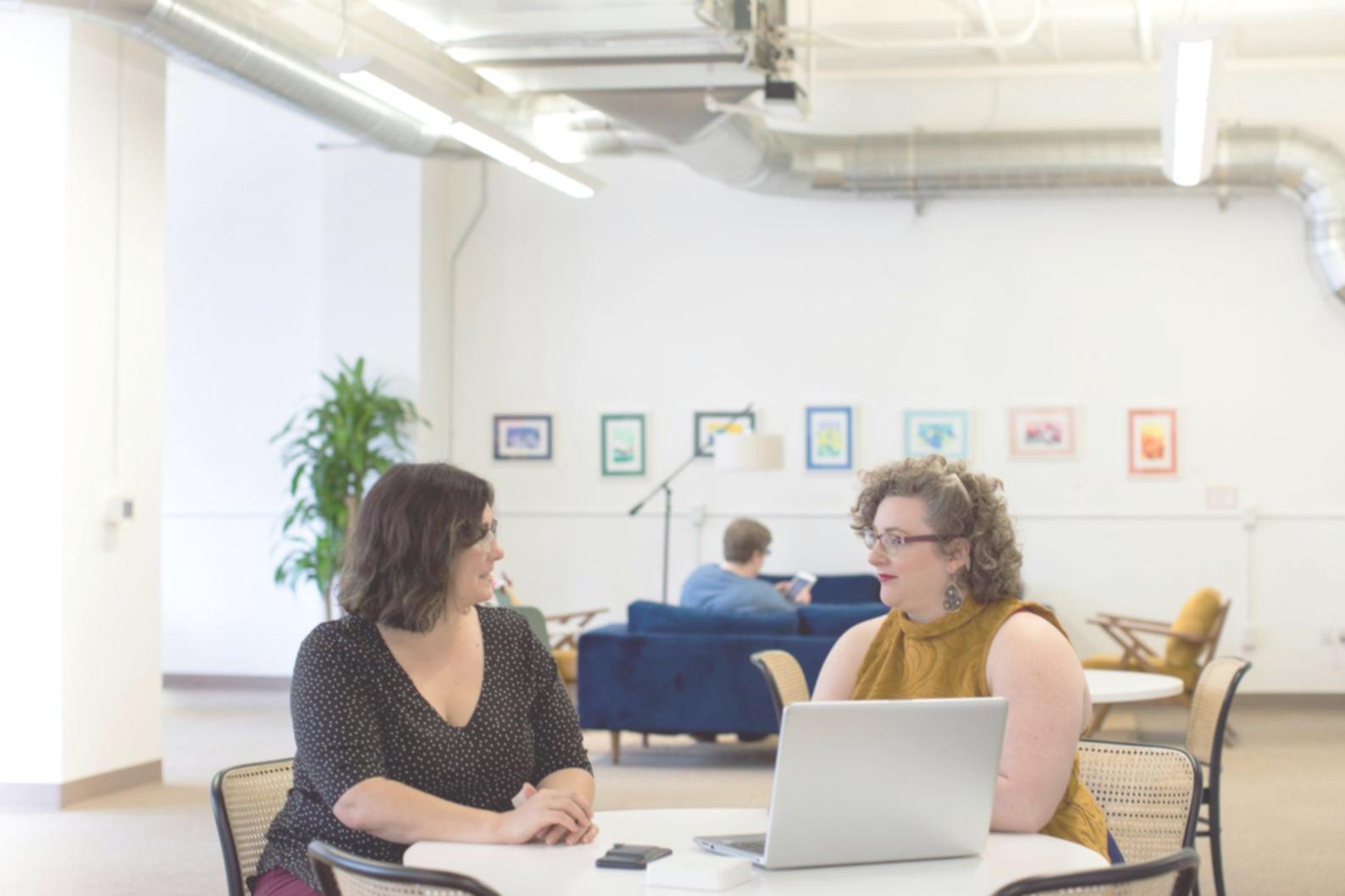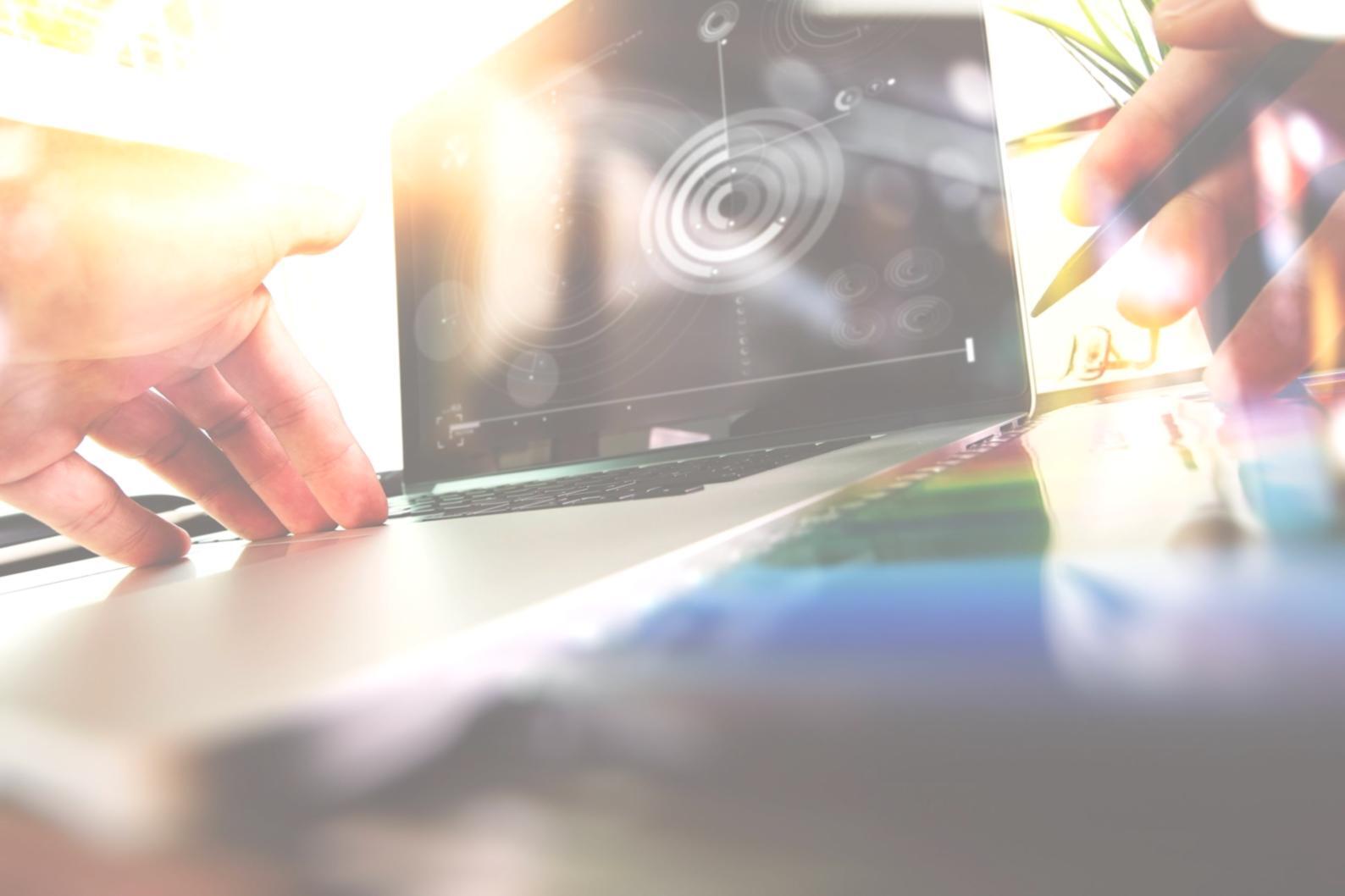Building Language Intelligence, One Mind at a Time
Where human curiosity meets computational linguistics
We started EvolvDrive in 2019 because someone asked us a question we couldn't answer properly. They wanted to know how machines actually understand what we say—not the surface-level explanation, but the real mechanics. That conversation stayed with us.

Why NLP Matters Right Now
Natural language processing isn't some distant future thing anymore. It's in your phone when you dictate a message. It's helping doctors parse medical records. Companies in Taiwan and across Asia need people who can build these systems—not just use them.
But here's the thing: most NLP education assumes you already know three programming languages and have a PhD in linguistics. We think that's backwards. You can start with curiosity and build from there.

How We Actually Teach This
Our autumn 2025 program starts with something you already know—human language. We look at how conversations work, why jokes land or don't, how context changes meaning. Then we show you how to teach computers to notice the same patterns.
You'll write code from week one. Small stuff at first—tokenizers, basic parsers. By month three, you're building sentiment analysis tools that actually work on real text. We skip the theory-heavy lectures that put people to sleep.

What Makes Our Approach Different
Most programs throw you into transformer models on day one. We build up to it. You'll understand why BERT works the way it does because you've already built simpler versions yourself. The lightbulb moments happen when you see connections between concepts.
We also care about languages beyond English. Mandarin, Japanese, multilingual systems—these have different challenges. Tone matters. Character systems matter. We don't pretend everything is English-centric.
The Real Skills You'll Develop
Programming is just one piece of this puzzle
Yes, you'll learn Python. You'll work with libraries like spaCy and transformers. But you'll also develop the ability to break down language problems into solvable pieces. That's the skill that sticks.
One of our 2024 participants built a tool that helps her grandfather's noodle shop manage customer reviews across three platforms. Another created a Taiwanese Hokkien text analyzer for historical preservation. These weren't assignments—they were projects people cared about.
By the time you finish, you can read NLP research papers without your eyes glazing over. You can explain to a non-technical person why their chatbot keeps misunderstanding questions. You can prototype solutions and know when you're in over your head versus when you just need to debug harder.
Who's Teaching You

Linnea Vessby
Lead Instructor, Computational Linguistics
Linnea spent seven years building language models for voice assistants before she got tired of corporate constraints. She moved to Taichung in 2021 and started teaching people how this stuff actually works.
Her background is unusual—linguistics degree, then self-taught programming, then a masters in cognitive science. She thinks that winding path makes her better at explaining things to people who don't fit the traditional CS mold.
She still consults on NLP projects but spends most of her time now helping others find their way into this field. Her students say she's patient with questions but won't let you stay stuck on easy problems.
Want to Know More About Our Programs?
We're planning our next cohort for September 2025. If you're curious about whether this might work for you, reach out. We'll have a real conversation about what you're looking for and whether our approach makes sense for your goals.
Get in Touch